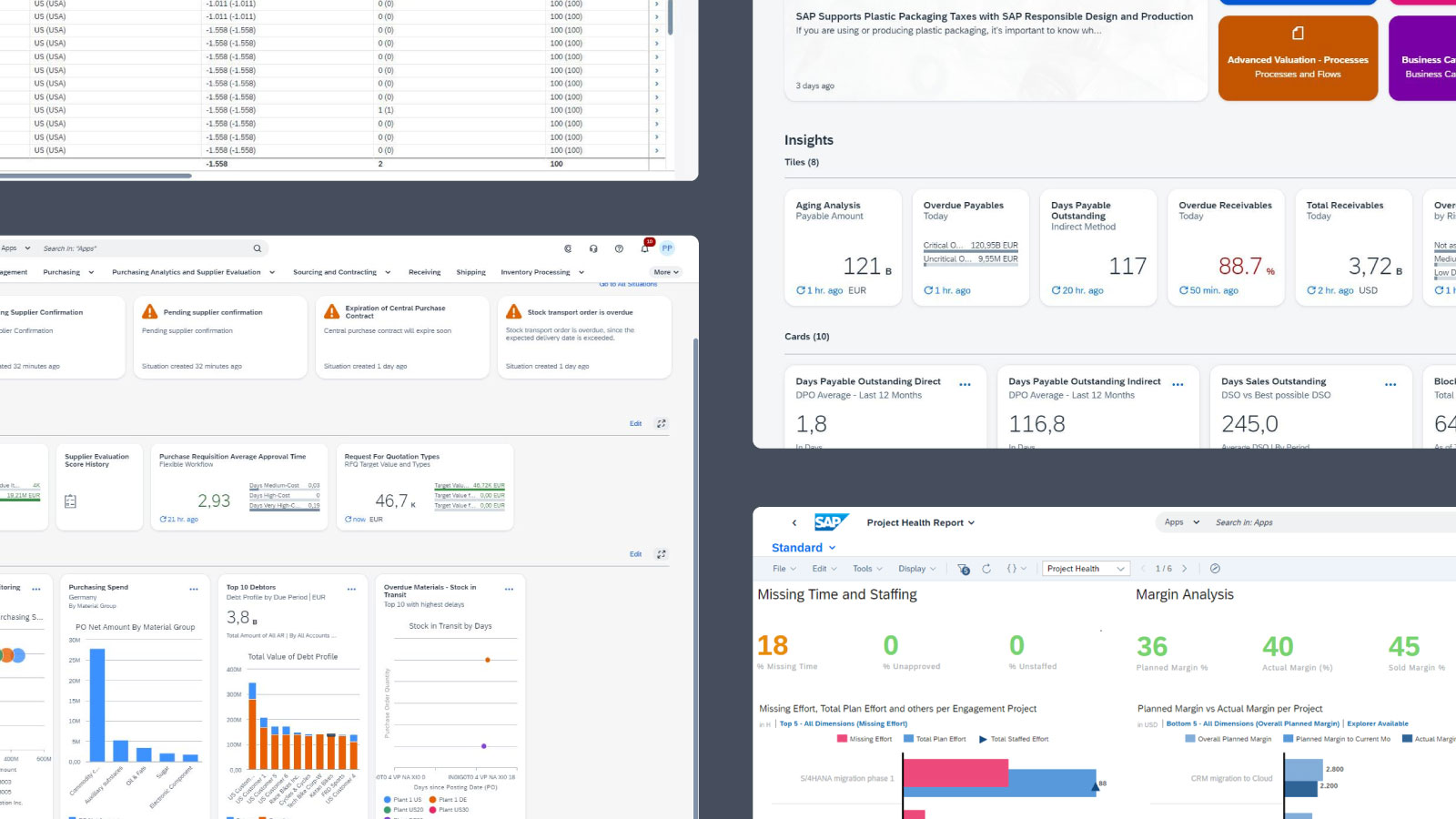The other night, I attended a press dinner hosted by the enterprise company Box. Also in attendance were the leaders of two data-oriented companies, Datadog and MongoDB. Typically, executives at these events are well-behaved, especially when discussions are on the record, like this one. However, I was surprised by an exchange with Box CEO Aaron Levie, who mentioned he had to leave right after dessert because he was flying to Washington, DC that night. He was going to TechNet Day, an event where Silicon Valley meets with Congress members to influence legislation. When asked what he wanted from that legislation, Levie jokingly replied, “As little as possible. I will be single-handedly responsible for stopping the government.”
Although his comment was in jest, Levie went on to express his belief that while it makes sense to regulate clear AI abuses like deepfakes, it is too early to consider measures like requiring companies to submit large language models to government-approved AI regulators or scanning chatbots for biases or hacking capabilities. He criticized Europe’s approach to AI regulations, stating that it creates an anti-innovation atmosphere. He pointed out that there is no consensus within the tech industry on how to regulate AI, making the idea of a comprehensive AI bill in the US unlikely.
While many in Silicon Valley’s AI community support regulation, Levie believes that the specifics of such laws are still unclear. He emphasized that the tech industry lacks agreement on AI regulation. The only public event at TechNet Day was a panel discussion about AI innovation with Google’s Kent Walker and Michael Kratsios, focusing on protecting US leadership in AI without the need for new laws.
Walker expressed concern about states creating their own AI legislation, citing the numerous AI bills pending in California alone. He acknowledged the challenges of Congress successfully addressing AI regulation in an election year. Despite pending legislation in Congress, the likelihood of a comprehensive AI bill being passed in the US seems slim.
One of the bills introduced in Congress is the Generative AI Copyright Disclosure Act of 2024 by Representative Adam Schiff. The bill requires large language models to disclose detailed summaries of copyrighted works used in their training data set, drawing inspiration from the EU’s AI bill.





















